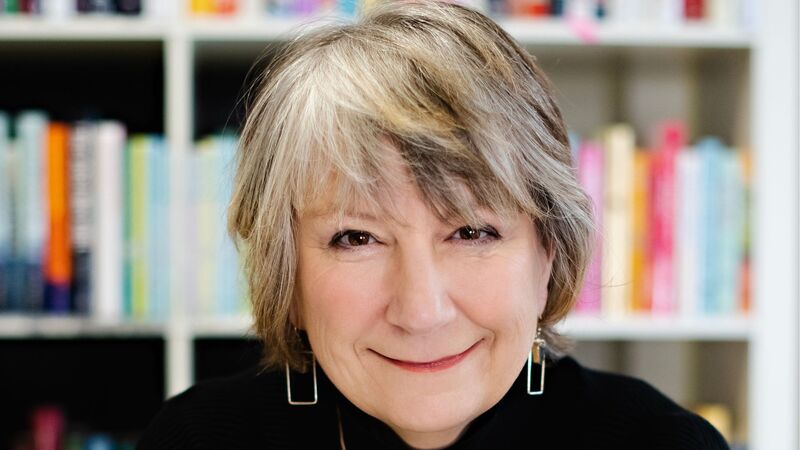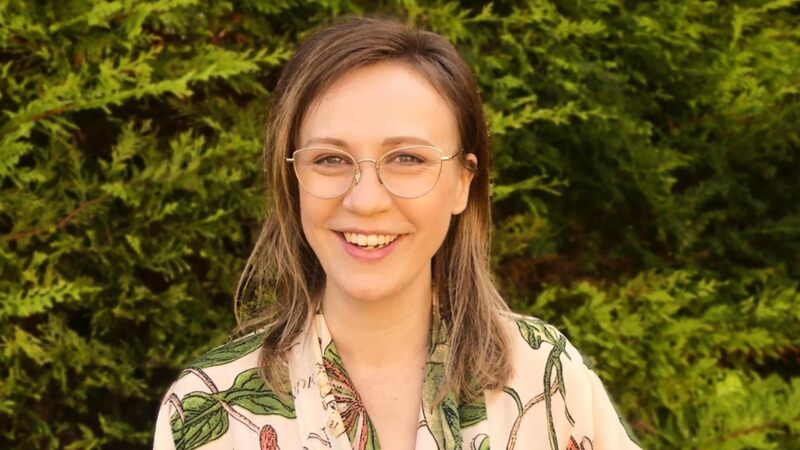You are viewing your 1 free article this month. Login to read more articles.
More support needed as Covid-19 hits author earnings, say MPs
More targeted support is needed for the country’s “fragile creative and cultural sectors” beyond emergency funding, according to a new report into the impact of coronavirus on the UK’s authors and writers.
The All Party Parliamentary Writers Group (APWG) published a report today (11th May) setting out a 10-point plan to help post-pandemic recovery.
Despite the continued growth of the creative industries, now valued at £115.9bn, studies by the Authors' Licensing & Collecting Society show that writers’ earnings have fallen by 42% in real terms since 2005. Surveys by the Society of Authors in 2020 found 65% of writers had lost income during the first half of the Covid-19 pandemic.
The report’s findings drew on membership surveys as well as an inquiry session held in November 2020 with witnesses from across the literary sector, including authors, playwrights and writers’ representatives.
They highlighted a number of challenges authors had faced since the start of the pandemic, including cancelled commissions, loss of personal appearances during lockdown, the closure of high-street bookshops and gaps in government support.
Children’s author Dawn Finch, who gave evidence, said: "I think there is a big risk here of the pandemic damaging diversity and inclusion within the industry. I think we will lose working-class people; we will lose people whom you know already were on that edge of poverty anyway."
Recommendations for post-pandemic recovery include the establishment of a "creators council" as a clear line of communication between the government and the creative workforce, including freelances, to assist policy-making and recovery.
The report highlighted the need for fair and modern contract rights for authors in the digital age, as well as the protection and promotion of the UK’s copyright system amid online exploitation.
Other suggestions included a review of the gaps in government support for freelances, to reform tax and benefit rules, and to remove VAT on audiobooks “to establish a truly level playing field with printed publications”.
The report also called for increased funding for the Public Lending Right scheme to reward authors for library book loans, to improve access to grants, more development support for writers beyond London, and to create a level playing field between high-street and online booksellers, “which has become even more unbalanced through the Covid-19 crisis”.
The APWG said there was “widespread concern that the impact on earnings will further affect diversity within the industry” because writers are typically freelances. Issues with gaps in eligibility for government support, such as the Self-Employment Income Support Scheme (SEISS), have meant that large numbers have been unable to access funds to sustain themselves during the pandemic.
Poppy Corbett, inquiry witness and playwright, said: “This is a real issue in terms of inclusion and diversity as, frustratingly, SEISS only applies to authors who can afford to be self-employed full time and who do not need any other supplementary income, so there’s a danger in losing talent forever from the theatre industry.”
Giles Watling MP, chair of the All Party Writers Group, commented: “With this new inquiry, we can see the need to act to support the creative workforce across the country. Throughout the UK, authors have ensured that we have the books, film, television and dramatic works to help us through the pandemic and to support the next generation. We need to make sure that authors are fairly rewarded and can keep doing the fantastic work they do."

















